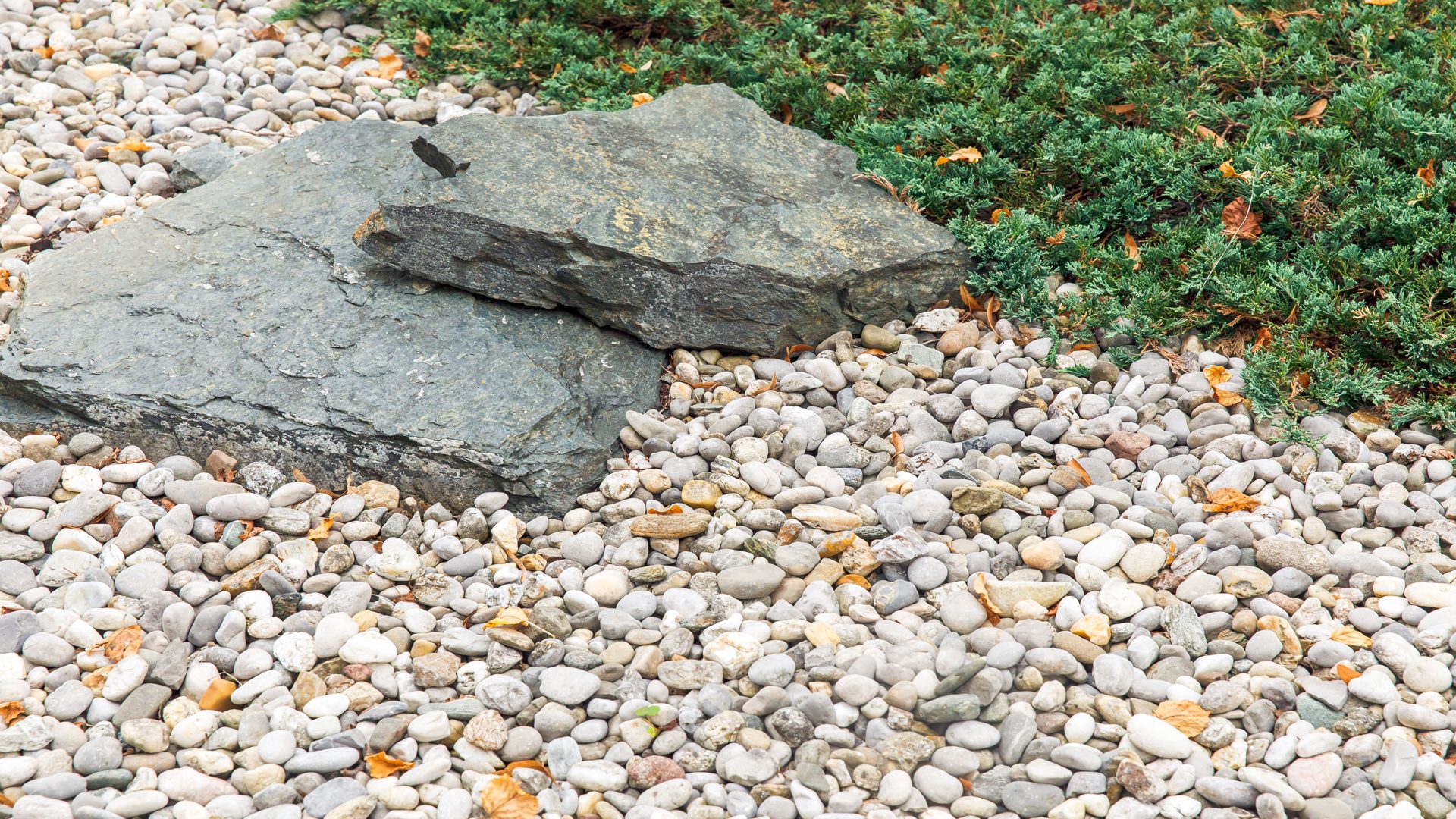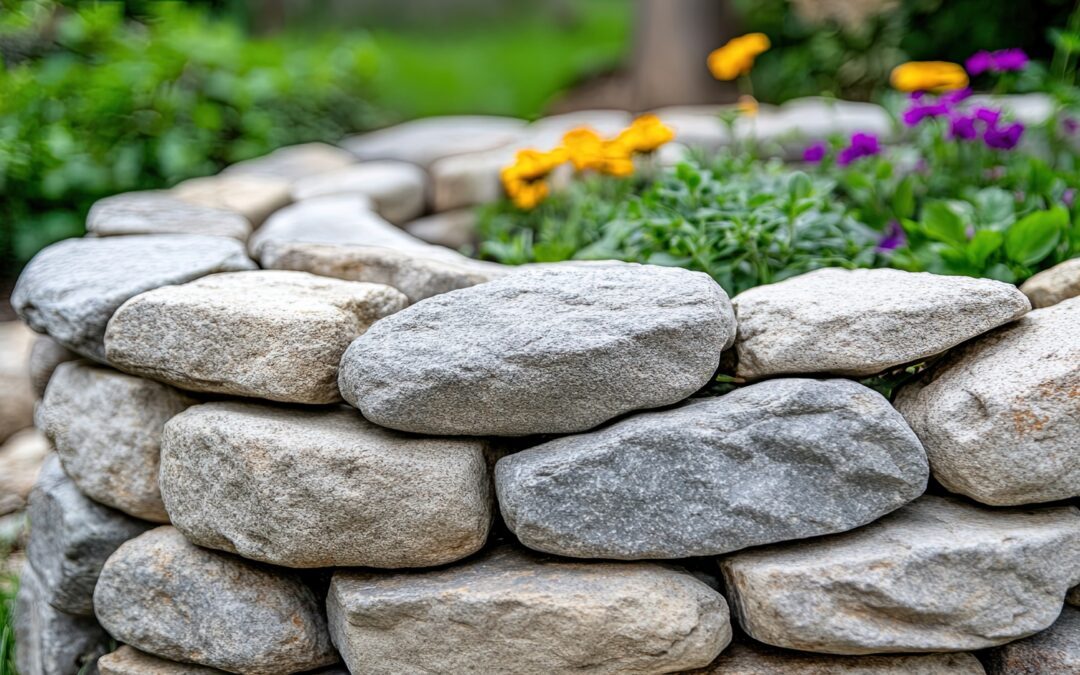When spring rolls around in Colorado Springs, most homeowners start thinking about refreshing their yards. One of the biggest decisions? Choosing between rock or mulch for your landscape beds. While both offer curb appeal and weed control, they perform very differently in Colorado’s unique climate.
Let’s break down the pros and cons of each material so you can decide what’s best for your yard this spring—and for seasons to come.
The Case for Rock: Durable, Decorative, and Low-Maintenance
Rock is a popular option for xeriscaping and drought-tolerant gardens, which makes sense given our dry springs and hot summers.

Pros of Using Mulch:
-
Improves Soil Health
Organic mulch (like bark or wood chips) breaks down over time and adds nutrients to your soil, supporting healthier root systems. -
Better Water Retention
Mulch acts like a sponge, holding moisture in the soil. In Colorado’s arid climate, this can make a big difference in plant vitality. -
Temperature Regulation
Mulch helps insulate soil, keeping roots warmer in spring and cooler in summer. -
Easier to Install and Replace
Lighter than rock, mulch is easy to spread. It’s also more forgiving if you want to refresh or change your landscape layout later.
Cons of Using Mulch:
-
Needs Replacing Every 1–2 Years
Because it breaks down naturally, mulch needs to be topped up regularly—especially after windy seasons. -
Can Harbor Pests
Some types of mulch may attract insects like earwigs or termites if applied too thickly near your home. -
Less Fire-Resistant
Dry mulch can become flammable in summer. Be cautious in fire-prone zones or choose fire-resistant varieties. -
Can Wash Away
Spring storms or improperly graded beds can displace mulch, leading to erosion or patchy coverage.
Key Factors to Consider for Colorado Yards
Colorado Springs homeowners should keep a few local specifics in mind when deciding between rock and mulch:
Watering Needs
If you’re planting native or drought-tolerant plants, rock may be a better fit. But for vegetable gardens or beds with thirsty annuals, mulch will help conserve water and improve soil structure.
Sun and Heat
High-altitude sun can be intense. Rock in full sun may overheat delicate roots. In shady or partial sun areas, however, it can be a striking and maintenance-free choice.
Maintenance Style
Do you want to “set it and forget it”? Rock is your friend. Do you enjoy seasonal refreshes and soil building? Mulch may be more your style.
Curb Appeal Preferences
Rocks give a modern, structured feel, while mulch lends a softer, more natural look. Consider your home’s architecture and personal aesthetic.
Mixing Both: A Smart Middle Ground
You don’t have to choose just one. Many Colorado yards benefit from a blended approach. Use mulch in flower beds and garden areas where plants need healthy soil and moisture. Then use rock for pathways, xeriscape borders, or decorative sections near structures or fences.
Creating this kind of balance not only helps you optimize for water use and soil needs but also adds visual interest to your landscaping.
Final Thoughts: Which One Is Right for You?
There’s no one-size-fits-all answer. It comes down to your plants, your yard’s conditions, and how much time you want to spend maintaining your landscape. What matters most is making a choice that sets your yard up to thrive, right from the start of the season.
Get Ahead of the Season
A beautiful, healthy landscape starts with smart ground cover. Whether you’re going for long-lasting rock or soil-nourishing mulch, choosing the right material now will help your yard handle the dry months ahead.
At Affordable Services Landscaping, we help homeowners in Colorado Springs create sustainable, attractive yards that work with our unique climate. From rock installation to mulch refreshes and full spring prep, our team can help your outdoor space thrive all year long.
Ready to upgrade your landscape beds? Give us a call today and let’s get your yard spring-ready.






